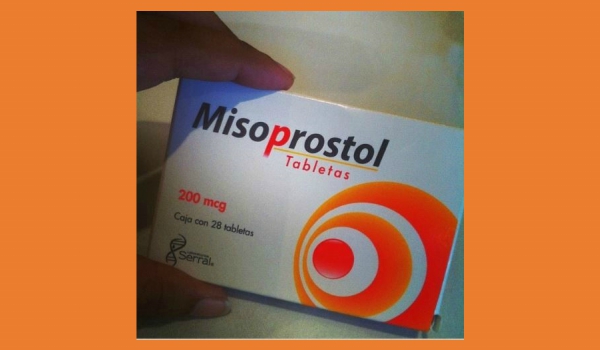
by Claire Tebbets, Diana Santana, José Ros Silvestre, Dee Redwine
Journal of Women’s Health March 2018;27(3) DOI: https://doi.org/10.1089/jwh.2016.6144 (not open access)
Abstract
Introduction – The consequences of unsafe abortion are devastating to women, their families, and their communities. Medication abortion presents an important alternative to harmful self-induction practices and surgical intervention under questionable circumstances. In settings where mifepristone is unavailable, the use of misoprostol alone is a safe and effective option for terminating an unwanted pregnancy. Studies have demonstrated the safety and efficacy of administration of misoprostol by community health workers for indications such as post-partum haemorrhage and treatment of incomplete abortion.
Objectives –The current study assesses the safety and efficacy of community health workers managing misoprostol-only abortion in the first trimester.
Methods – A retrospective review of clinical files of women who received abortion services in three countries in Latin America between April 2009 and December 2015 included analysis of 173 cases.
Results – In 94% of cases, the pregnancy was terminated without any further intervention. In the remaining cases, clients were referred for manual vacuum aspiration. In four cases, a complication was reported by the provider. In one, the complication was promptly resolved through referral to a higher level of care; in the remaining three, the complication was resolved directly by the provider. In 98% of cases, women reported being satisfied with the treatment they received.
Conclusion – This study demonstrates that community health workers are able to provide misoprostol-only abortion services to women effectively and safely. The benefits of this model of care also extend beyond the abortion service: community health workers are able to offer women a comprehensive range of quality health services, including contraceptive services, increasing access to vital healthcare in areas with few other options.



